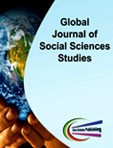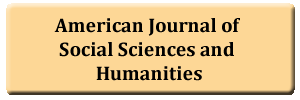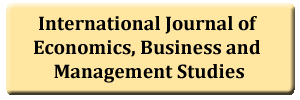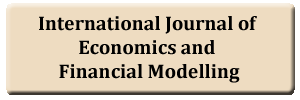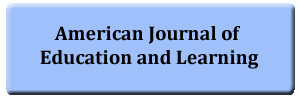Multiplicity theory and its implications in education
DOI:
https://doi.org/10.55284/gjss.v10i1.1018Keywords:
Education, Educational outcomes, Multiplicity theory.Abstract
The paper brings to life the Multiplicity Theory. It provides the genesis and the development of the theory. The development process involved observations, semi-structured interviews, and introspective inquiries. The observations at times resulted in documentary review for confirmation of what was observed. Three things were used to establish evidence in developing the theory. These were: concepts, actions and outcomes (products). The three things are meant for clarification purposes, but in essence the discussion is centred on the concept of product(s). The paper considers concepts, actions and outcomes as products. From the observations, semi-structured interviews, introspective inquiries, analysis, and explanations on products, the theory assumptions and explanations were established. The theory main assumption is that the universe is full of products which are out of numerous processes and ingredients (aspects). Further, the paper provides theory implications in education. To add, the paper renders a brief discussion indicating the difference between Multiplicity Theory and other similar theories, more specifically Complexity Theory. Indeed, the theory is different from Multiplicity Theory in Mathematics, abstract aljebra. Finally, the paper concludes that Multiplicity Theory governs creation of products in the universe and beyond it. In view of this, educational outcomes (products) are out of multiplicity of processes and resources.

